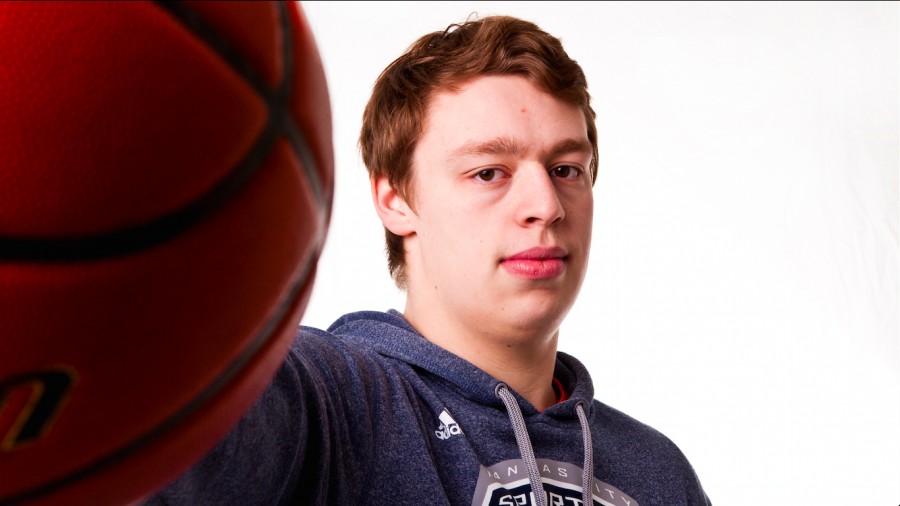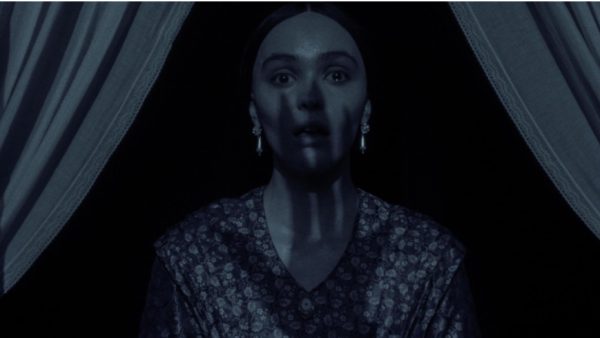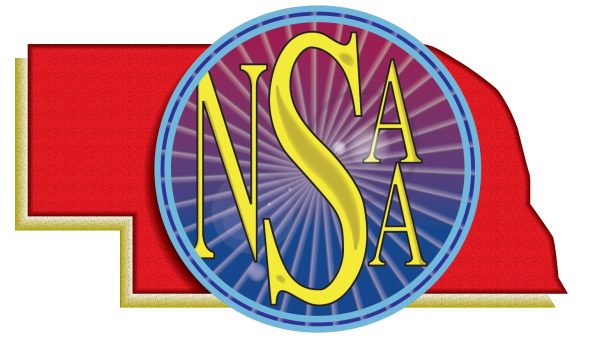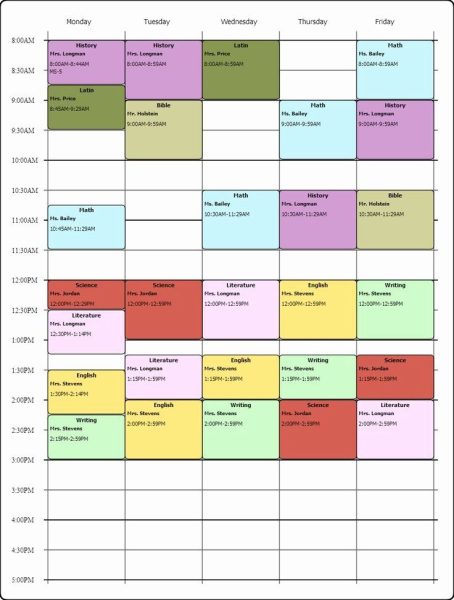TIM TALKS: College Referees hurt the game
I’ve written about basketball officiating before. I wrote about how the NSAA was making basketball “basketball” again. Now it’s time for the NCAA to make the same changes as the NSAA. And, actually, the NCAA needs to make more.
The Final Four and national title games are supposed to show off the best in college basketball, and this year, they did — at least for the teams. We got two great basketball games and one that at least kept our attention. But, and this is a major but, the officiating was absolutely atrocious.
The first problem I have with officiating is consistency. In the national title game, Wisconsin was called for 15 fouls and Duke was called for 13 fouls. On the surface, this looks like the game was called pretty evenly. However, to get the whole picture, we need to take this game half-by-half.
In the first half, Wisconsin was called for two fouls to Duke’s seven. In the second half, Wisconsin was called for 13 fouls to Duke’s six. Not for one second do I believe that Wisconsin went from two fouls to 13 in two different halves. We do have to take into account that Wisconsin was fouling at the end of the game to extend the game, but an 11-foul difference is unheard of.
To keep the game consistent, the officials need to decide what is a foul and what is not. Or, at least, they need to stop missing some very blatant calls. For example, in the national semifinals, Wisconsin’s Nigel Hayes had a tip-in to tie the game with 2:40 left in the game. It was a huge momentum boost for the Badgers who were starting to fade against the undefeated Wildcats, but the play should never have happened. Nigel Hayes clearly tipped-in the ball after the shot clock expired. How do you miss a shot clock violation?
The issue that I have with this call is Kentucky had a good shot of winning, but this wasn’t the only call that could have impacted the game. Also, in the second half, Kentucky’s Trey Lyles clearly slapped Wisconsin’s Josh Gasser in the face. The officials didn’t even give Lyles a foul, let alone a flagrant. Actually, the officials reviewed the call and didn’t change anything. This brings up an entirely other issue: if they are going to review plays in basketball, at least get them right.
This clearly would have affected the national title because on an out of bounds call, the ball was awarded to Duke even though it went off of Duke’s Justise Winslow. The officials reviewed the call and nothing changed. After the game, the NCAA claimed the officials didn’t have all the same angles as the viewing public.
First of all, how do the officials not have all the angles that the viewing public does? It isn’t that hard to get more angles to the officials, especially if CBS can do it so easily. Not to mention the fact that the officials are clearly the more important people in the game than the fans. The officials have a direct impact on the game, and as much as I think I have an impact screaming at my TV, I don’t.
However, we do have to acknowledge that basketball referees may have the hardest job out of all sports referees. Because of the speed of play and the variety of calls, it is impossible to get every call right. But the main calls that affect games are the ones that should never be missed, especially if replay is used.
Your donation will support the student journalists of Omaha Westside High School. Your contribution will allow us to purchase equipment and cover our annual website hosting costs.







